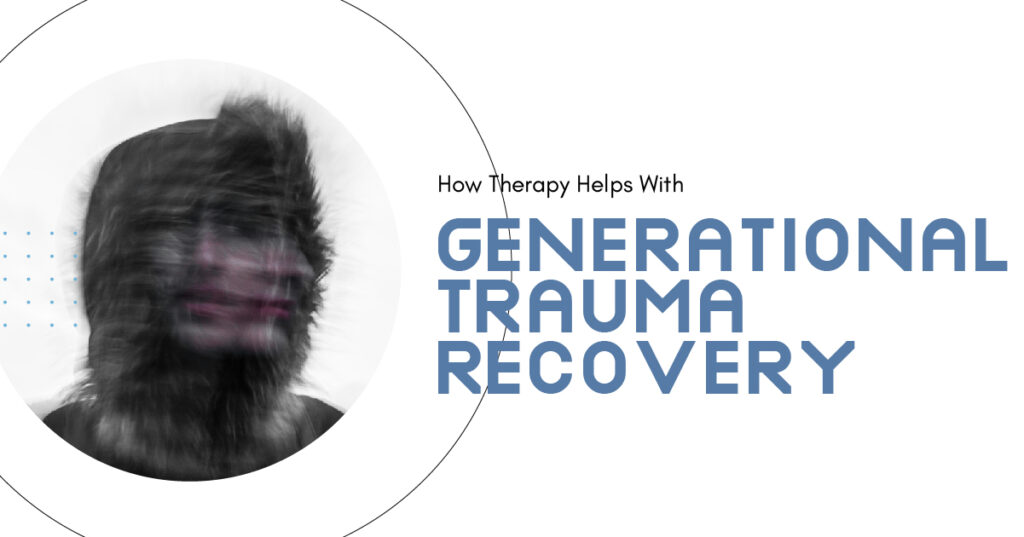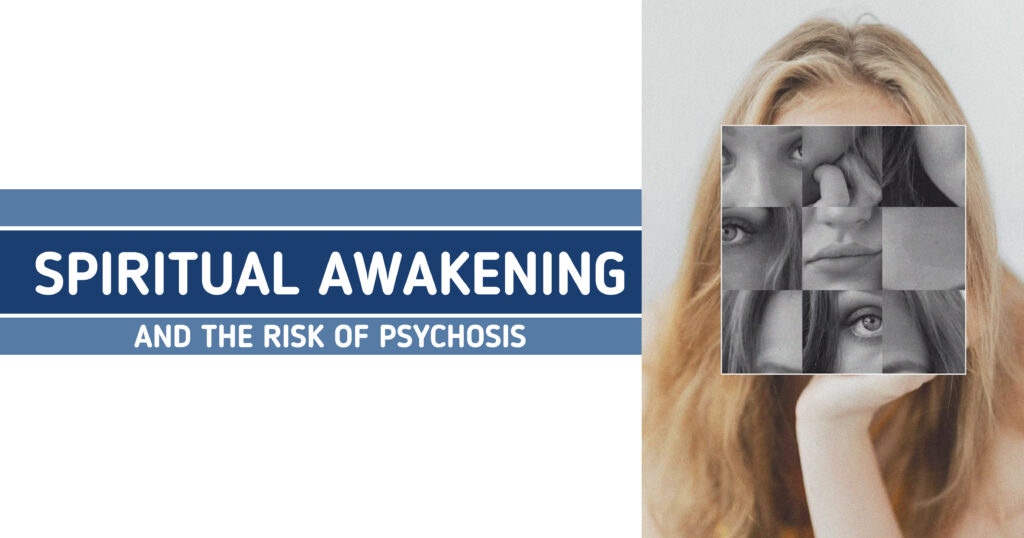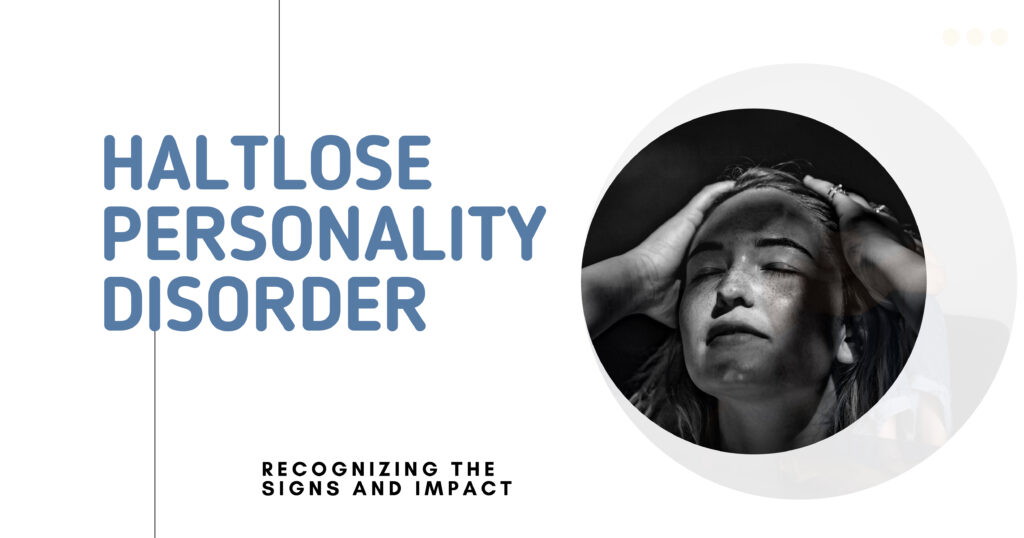Generational trauma, also known as intergenerational or ancestral trauma, refers to the passing down of emotional wounds, behavioral patterns, and psychological distress from one generation to another.
When families experience unresolved pain, whether from historical oppression, abuse, war, poverty, or other adverse experiences, the effects can linger across generations, and these inherited traumas can shape how individuals respond to stress, relationships, and personal challenges, often without them realizing the root cause of their struggles.
The connection between mental health and family history is profound. Individuals who come from families with histories of unresolved trauma may experience heightened anxiety, depression, or difficulty forming healthy relationships.
This emotional burden can manifest in negative self-beliefs, difficulty expressing emotions, or repeating harmful patterns. Without intervention, these cycles may continue, affecting the current generation and those that follow. Recognizing the impact of understanding inherited trauma is a crucial step toward healing and breaking the cycle.
Signs of Inherited Trauma and How It Shows Up in Life
Many people struggle with the effects of overcoming generational trauma without being fully aware of its presence in their lives. The symptoms can range from emotional instability, chronic stress, and self-doubt to issues like substance abuse and difficulty maintaining relationships. Trauma that remains unaddressed can lead to an ingrained sense of fear, guilt, or unworthiness, making it challenging for individuals to live fulfilling lives.
For some, the symptoms align closely with PTSD and generational trauma, where anxiety, flashbacks, or heightened emotional reactions appear without a clear personal cause. People may experience an overwhelming fear of failure, difficulties trusting others, or an excessive need for control.
These issues often stem from past generations’ experiences, where survival mechanisms turned into long-standing emotional habits. Recognizing these patterns is essential to break free from their grip and embark on a healing journey.
San Diego Mental Health
Healing Through Therapy and Inner Child Work
One of the most effective ways to address ancestral trauma resolution is through therapy. Working with a therapist who specializes in treatment for generational trauma can provide insight, support, and the tools necessary for emotional recovery. Therapy helps individuals uncover the origins of their inherited trauma, process painful emotions, and develop healthier coping strategies.
Reconnecting With Your Past for Emotional Growth
A crucial aspect of this healing process is inner child healing, which focuses on reconnecting with the vulnerable parts of oneself that have been neglected or suppressed due to past traumas.
Many people carry wounds from childhood that were shaped by generational influences, making it essential to acknowledge and nurture these aspects of themselves. Through guided self-reflection and therapeutic exercises, individuals can learn to comfort, validate, and reparent their inner child, leading to emotional release and greater self-acceptance.
Mindfulness and Self-Care for Trauma Recovery
Overcoming generational trauma is a deeply personal journey, one that requires patience, self-compassion, and intentional effort. Trauma can leave lasting emotional imprints, often triggering automatic responses like anxiety, hypervigilance, or emotional numbness. However, incorporating mindfulness and self-care practices can help individuals regain control over their emotions and create a path toward long-term healing.
Mindfulness, the practice of bringing full awareness to the present moment, has been shown to reduce stress, improve emotional regulation, and promote inner stability. It allows individuals to observe their thoughts and feelings without judgment, making it easier to process traumatic experiences.
By practicing mindfulness techniques such as deep breathing, meditation, and grounding exercises, individuals can interrupt negative thought patterns and replace them with healthier coping mechanisms. These practices help break free from the cycle of trauma responses, fostering a sense of safety and self-awareness.
The Power of Self-Care in Trauma Healing
Self-care is not just about pampering oneself. It is crucial to emotional recovery and resilience-building. Trauma can make individuals feel disconnected from their own needs, often leading to self-neglect. By prioritizing self-care, individuals can re-establish a sense of self-worth and inner balance.
Some effective self-care practices for trauma recovery include:
- Journaling. Writing down thoughts and emotions can provide a sense of clarity and relief, allowing individuals to process their trauma in a structured way.
- Spending Time in Nature. Being outdoors has been linked to reduced stress and improved mental well-being. Activities like hiking, gardening, or sitting in a park can help ground emotions and provide peace.
- Practicing Gratitude. Actively focusing on positive aspects of life, no matter how small, can shift perspective and promote emotional resilience.
- Engaging in Physical Activity. Exercise releases endorphins, which help regulate mood and reduce anxiety. Activities such as yoga, dancing, or walking can be beneficial for both the body and mind.
- Seeking Supportive Relationships. Trauma can often lead to isolation, but connecting with trusted friends, family members, or support groups can provide comfort and validation.
Find Support for Trauma Recovery With San Diego Mental Health
Overcoming generational trauma requires patience, commitment, and the right support system. If you or a loved one are struggling with coping with family trauma, professional help is available.
At San Diego Mental Health, we specialize in therapy for generational trauma and provide personalized care to help individuals heal, grow, and break free from toxic cycles. Our team of compassionate therapists is dedicated to guiding you through your healing journey with evidence-based techniques tailored to your needs.
San Diego Mental Health
FAQs
Can generational trauma be fixed?
Yes, with the right therapeutic interventions, self-awareness, and emotional work, generational trauma can be healed. While the pain may never be entirely erased, individuals can break the cycle and prevent it from continuing to future generations.
How is generational trauma healed?
Healing involves a combination of therapy, self-reflection, mindfulness, and self-care. Identifying the patterns of trauma, working through emotional wounds, and adopting healthier coping mechanisms are essential steps in the healing process.
What is the root cause of generational trauma?
Generational trauma often stems from significant past hardships such as abuse, war, systemic oppression, or poverty. When these experiences remain unresolved, they manifest as emotional patterns passed down through families.
How do you heal childhood trauma as an adult?
Healing childhood trauma requires inner work, including inner child healing, therapy, and self-compassion. Acknowledging past pain, processing emotions, and learning self-soothing techniques can help individuals move forward.
San Diego Mental Health
What therapy approaches help with breaking toxic family cycles?
Several therapy approaches, such as cognitive-behavioral therapy (CBT), trauma-focused therapy, and family therapy, can help individuals break free from toxic patterns and develop healthier relationships.








